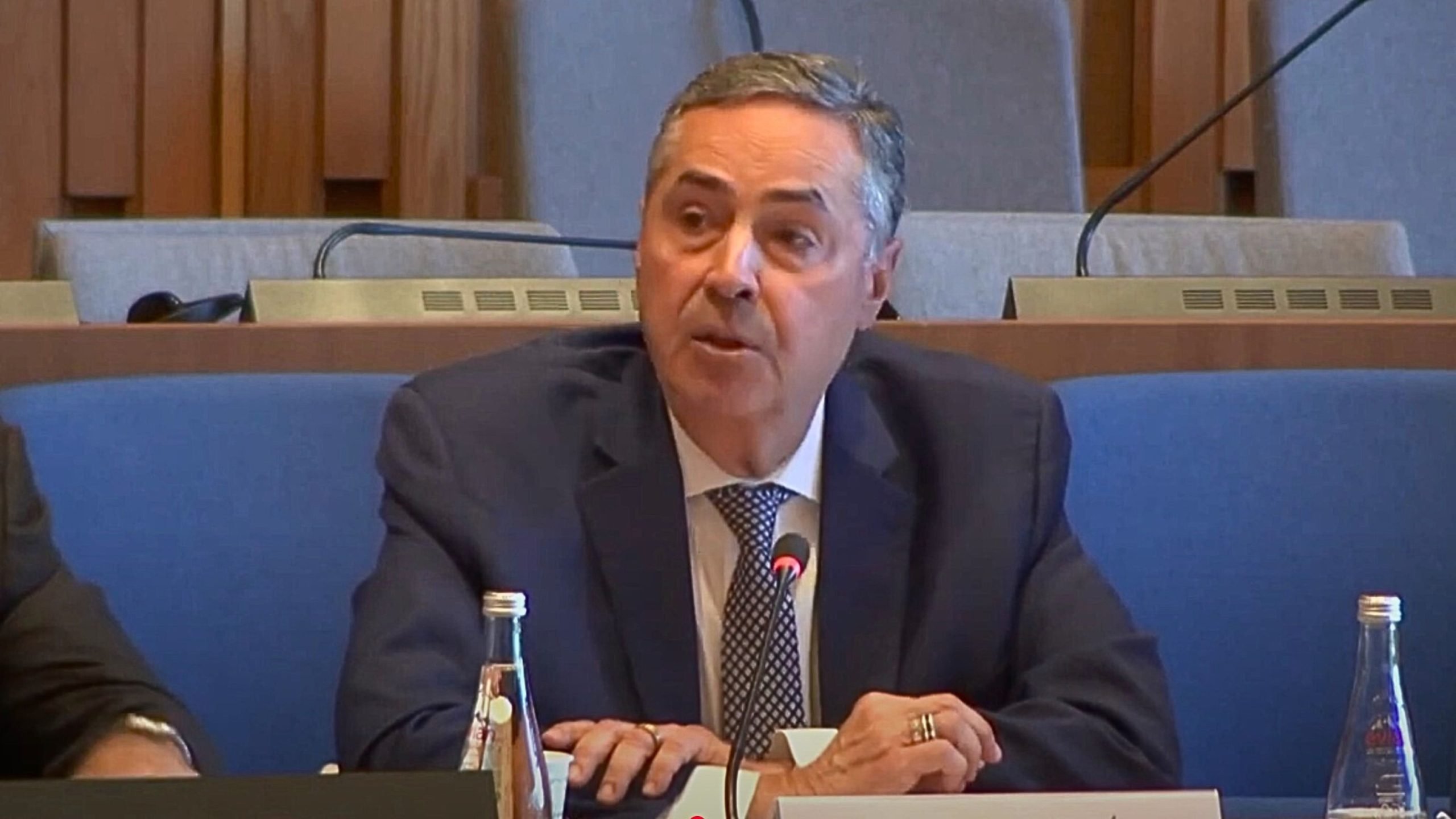At Oxford University’s Brazil Forum UK 2025, Brazil’s Supreme Court President Luís Roberto Barroso renewed his call for tighter control over online content, advocating for judicial involvement in shaping digital speech regulations in Brazil. Speaking to an audience brought together by Brazilian students in the UK, Barroso argued that the spread of what he labeled as “misinformation” demands urgent regulatory responses, including punitive action against digital platforms.
More: US Warns Brazil’s Justice de Moraes Over Rumble Censorship Orders Targeting Americans
Barroso’s key message revolved around the perceived dangers of unchecked online discourse, framing his position around the idea that “it’s important to make lying wrong again.” However, this stance has raised serious concerns among free expression advocates, who warn that equating misinformation with criminal behavior could set a dangerous precedent for censorship and governmental overreach.
With the Supreme Federal Court poised to revisit Brazil’s Internet Bill of Rights, Barroso defended the judiciary’s growing role in content regulation, saying, “We waited quite a while to see if Congress would legislate, but the legislation never came.” He maintained that the court is simply “ruling on specific cases,” yet his broader comments signal a push for the courts to fill in where elected lawmakers have so far declined to act.
Barroso pressed for holding tech companies accountable for user-generated content, citing the failure of Congress to pass comprehensive digital regulation. His argument positions judicial intervention not as a last resort, but as a necessary corrective, despite the risk this poses to long-standing protections for open online discourse.
The forum also addressed artificial intelligence regulation in a panel featuring Google Brazil’s legal director, Daniel Arbix, and data scientist Kizzy Terra. Barroso took aim at the engagement-driven algorithms powering today’s platforms, declaring, “It’s a human condition: insults, offenses, and lies generate more engagement than moderate speech.”
Yet, blaming platform design risks overlooking users’ agency and may pave the way for sweeping restrictions on lawful speech.
Under the current legal structure, Brazil’s Internet Bill of Rights limits the liability of platforms unless they refuse a court order to remove content deemed harmful. Exceptions exist for cases such as copyright violations and non-consensual nudity. Nonetheless, Barroso and like-minded justices are pushing for a more aggressive “duty of care” model inspired by European regulations, which would compel platforms to act on flagged content or face legal repercussions.
This proposal, if implemented, would drastically alter the country’s digital legal landscape and potentially undermine the principles enshrined in Article 19, whose constitutionality remains staunchly defended by Justice André Mendonça. In an even more extreme direction, Justices Dias Toffoli and Luiz Fux have proposed penalizing platforms that fail to remove harmful content, even in the absence of judicial orders or user complaints, raising alarms about unchecked regulatory authority.
Barroso did acknowledge the delicate balance between civil liberties and regulatory aims. “Freedom of expression is essential for democracy,” he stated, while contending that it must be “balanced” against so-called threats like “disinformation, hate speech, and conspiracy theories.” His insistence on moderation came with a warning about the internet becoming “a pit of incivility,” but free speech defenders remain wary of any move that empowers the state to determine the boundaries of acceptable dialogue.










